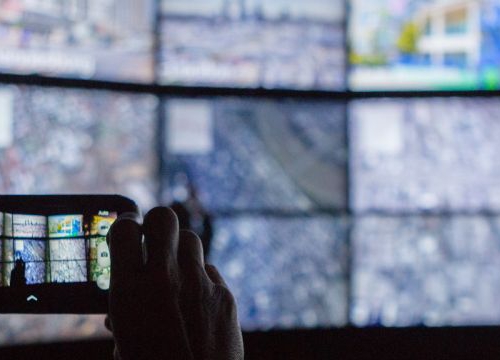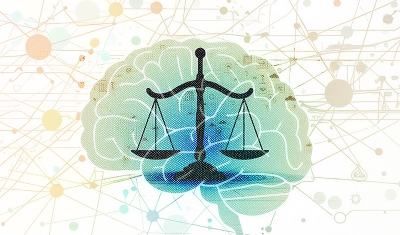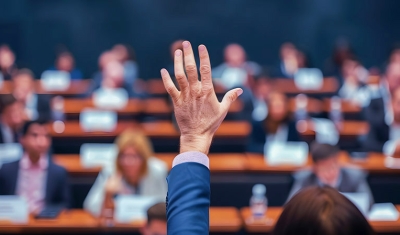Panel Discussion on Emerging Digital Technologies and Human Rights
Event


kris krüg
New and emerging digital technologies continue to cause or contribute toward significant change in the transformation of society, and may, therefore, constitute powerful tools in their capacity to make significant positive contributions to the promotion and protection of human rights. At the same time, these rapid developments also raise serious questions as to the potential risks posed by negative impacts on human rights, and how appropriate responses to the challenges can be undertaken.
This panel discussion, co-organized with the Office of the United Nations (UN) High Commissioner for Human Rights (OHCHR) and the permanent missions of Austria, Brazil, Denmark, Morocco, the Republic of Korea and the Republic of Singapore, is part of an initiative to generate focus on, and attention to, the human rights challenges arising from new and emerging digital technologies, while realizing their possible contribution to the full enjoyment of human rights. It aims:
- To identify opportunities for states, civil society and other relevant stakeholders to develop a holistic and multi-stakeholder approach towards the issue of new and emerging digital technologies and human rights
- To identify how best to facilitate more comprehensive research and discussions on the intersection between new and emerging digital technologies and human rights, building on the ongoing discussions on specific themes or technologies
- To exchange views with regard to enhancing mutual understanding and interaction between human rights and tech communities and between governments and the private sector
- To identify the roles the UN human rights mechanisms, including the Human Rights Council, have in shaping the approach towards developing a holistic and multistakeholder approach towards the issue of new and emerging digital technologies and human rights.
Opening Remarks
- H.E. Ji-ah Paik, Permanent Representative of the Republic of Korea
Moderation
- Katharina Pabel, former Chairperson, Human Rights Council Advisory Committee and Professor of Public Law, University of Linz
Panelists
- Jonathan Andrew, Research Fellow, Geneva Academy of International Humanitarian Law and Human Rights
- Renata Avila, Director, Smart Citizen Foundation
- Isabel de Sola, Senior Adviser, High-Level Panel on Digital Cooperation
- Peggy Hicks, Director of Thematic Engagement, Special Procedures and Right to Development Division, OHCHR
- Changrok Soh, Member, Human Rights Council Advisory Committee and Professor, Korea University Graduate School of International Studies
Registration
You need to register via the event's page on the UNOG Indico website to attend this event if you do not have a UN badge.










